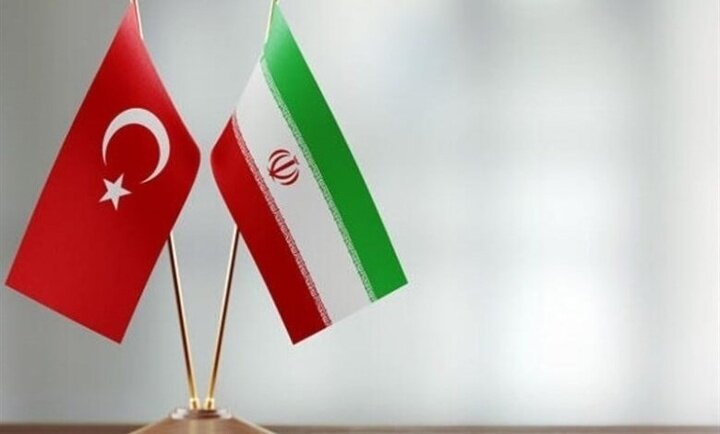RICHT inks cooperation agreement with Ataturk University

TEHRAN - Iran’s Research Institute of Cultural Heritage and Tourism has signed a cooperation agreement with Turkey’s Ataturk University in a bid to enhance scientific collaboration in the fields of cultural heritage and tourism.
The agreement was signed by Mostafa Dehpahlavan, the head of RICHT, and Omer Comakli, the president of Ataturk University, IRIB reported on Saturday.
The new collaboration is aimed at strengthening scientific ties, focusing on the preservation and study of cultural heritage, which is considered a crucial element of human civilization and cultural identity.
According to its pillars, the agreement seeks to help promote the shared cultural heritage between the two nations in several key areas, including:
Archeology and interdisciplinary studies: focused on the exploration and analysis of ancient sites and cultural artifacts. Archaeometry, conservation, and restoration: collaborative efforts in the conservation and restoration of archaeological sites and museum collections.
Historical research: in-depth research into archival documents, libraries, and historical records.
Architectural history and cultural landscapes: studies on historical architecture, gardens, and cultural landscapes.
Linguistics, particularly ancient languages: joint linguistic research with an emphasis on ancient languages.
Epigraphy: collaborative studies of inscriptions and ancient texts.
Anthropology: focused on ethnography, visual anthropology, and urban anthropology.
History of art and traditional arts: comparative studies in the history of art and traditional arts.
The cooperation is guided by UNESCO’s principles for the protection of cultural heritage, emphasizing mutual respect and adherence to the laws and regulations of both countries. This agreement comes at a time when both Iran and Turkey are increasingly recognizing the importance of preserving and studying their rich cultural heritage. Both nations have ancient civilizations with deep historical roots, and their cultural landscapes are filled with significant archaeological sites, historical monuments, and intangible cultural heritage that contribute to the global understanding of human history.
Turkey, with its strategic location bridging Asia and Europe, has been a crossroads of civilizations, making it a vital area for archaeological and cultural studies. Similarly, Iran, with its millennia-old history, is home to some of the world’s most important archaeological sites, such as Persepolis and the ancient cities of the Persian Empire.
AM
